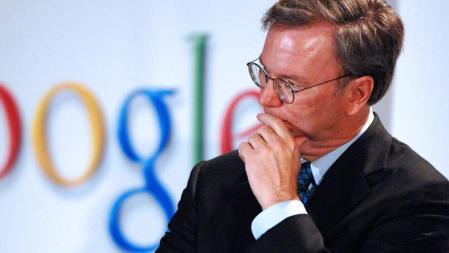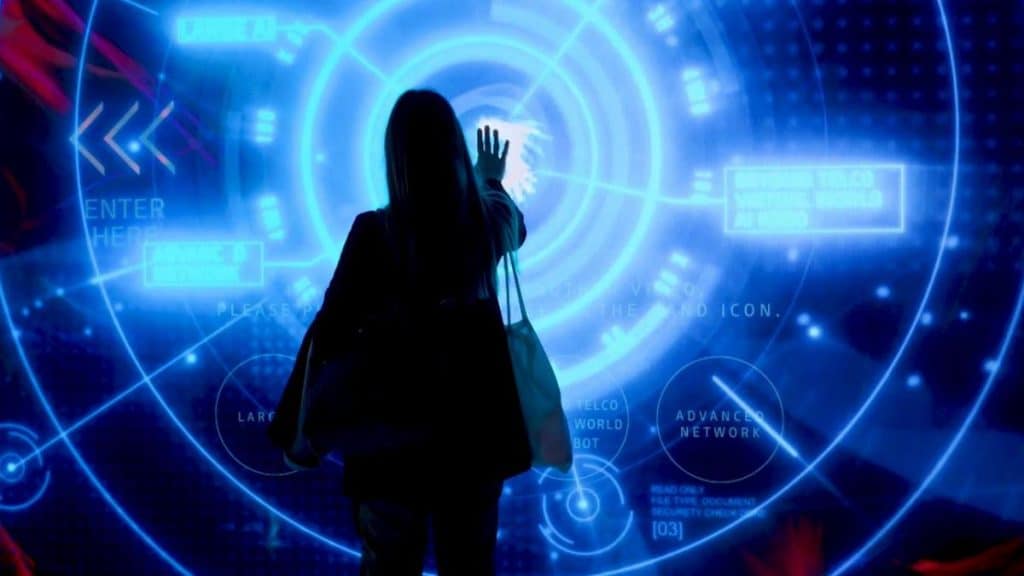The debate on whether to continue research to further develop artificial intelligence (AI) or whether, on the contrary, it is prudent to pause in the face of the uncertainties generated by this new technology is still more lively than ever. A new authoritative voice has emerged this week to position itself against the pause that hundreds of other experts and businessmen requested by letter. This is the former CEO of Google, Eric Schmidt, who justifies his position in the competition with China. In his opinion, stopping the investigation would give the Asian giant too much of an advantage.
In an interview in the Australian Financial Review last Friday, Schmidt said that concerns about the speed of AI research were understandable and legitimate, but also argued that it is the technology companies themselves that will have to solve this bullshit by working together and ” set standards”.
“I am in favor of getting everyone together as soon as possible to discuss what the proper limits of AI should be”
In response to the letter favorable to the pause, Schmidt insists that stopping the investigation now, even if only for 6 months as the signatories requested, “would simply benefit China.” “What I am in favor of is getting everyone together as soon as possible to discuss what the appropriate limits should be,” said the former CEO of Alphabet, Google’s parent company.
Schmidt is just one of the voices that has reacted lately against the letter signed by, among others, the businessman Elon Musk. In fact, one of the most authoritative was that of Bill Gates, co-founder of Microsoft, who indicated this week that calls to stop the development of artificial intelligence “will not solve the challenges that lie ahead as a species.”

Eric Schmidt, former CEO of Google
Own
“I don’t think that asking a specific group to take a break will solve the problems,” said the American billionaire. It should be remembered that Microsoft has tried to overcome its competitors -especially Google’s hegemony in the field of online browsing- through multi-million dollar investments in OpenAI, the owner of ChatGPT. Gates detailed these and other arguments in an article last Sunday in La Vanguardia.
The letter that sparked all the debate was published last week by the Future of Life Institute and, under the heading Pause in giant AI experiments, it is blunt in its analysis: “AI systems with intelligence competitive with humans can pose profound risks to society and humanity, as extensive research demonstrates and is recognized by leading AI labs.”
The more than 1,200 signatories, among whom are Musk but also Steve Wozniak, co-founder of Apple, or intellectuals such as Stuart Russell or Yuval Noah Harari, ask a series of questions: “Should we let machines flood our information channels with propaganda and falsehoods? Should we automate all jobs, including successful ones? Should we develop non-human minds that will eventually outnumber, out-intelligence, out-date, and replace us? Should we risk losing control of our civilization?
On banning TikTok
In another order of things, Schmidt also referred in the same interview to the Australian medium to the reaction of several Western governments to ban TikTok, a Chinese-owned social network.
Specifically, he indicated that he was not in favor of the bans, but added that the West must move faster to keep up with research at the level of the Chinese. “China is very smart, they know what they are doing. We have to act together,” she said.
read also


